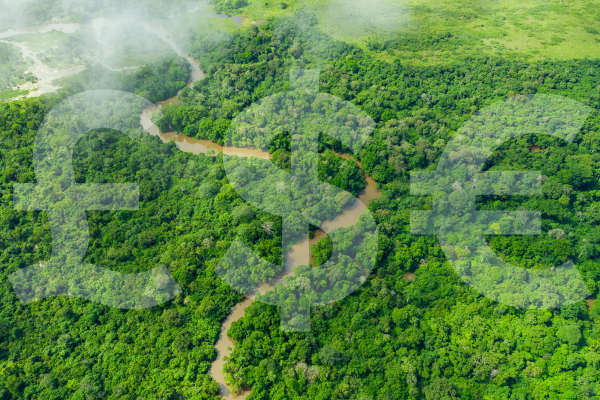COP30: Can Banks Finally Unlock Climate Finance?

As world leaders gather in Belém, Brazil, for COP30, the conversation has shifted from pledges to action. This isn’t just about cutting emissions anymore, it’s about funding the future.
The Problem: Finance is the Bottleneck
Here’s the uncomfortable truth: traditional finance consistently sidelines the vulnerable, leaving billions without access to the capital needed for climate adaptation. Modern banking technology, like SaaScada, could change everything by making climate funding faster, more resilient, and accessible to those who need it most.
“Finance is usually seen as a hindrance, right? Finance is the main bottleneck. I think we can turn those solutions.” — Brazilian Finance Ministry official, ahead of COP30
Brazil’s Game-Changing Agenda
COP30’s presidency has outlined three essential pillars:
- Implementation – Delivering on the Baku to Belém Roadmap to operationalize trillions in climate finance (NCQG)
- Inclusion – Elevating grassroots voices through a “Globally Determined Contribution” that weaves indigenous peoples, youth, cities, and businesses into climate action
- Innovation – Deploying technology and capacity-building to scale solutions sustainably
The Breakthrough: Tropical Forest Forever Facility
On November 6, Brazil launched the Tropical Forest Forever Facility (TFFF) a $125 billion blended-finance powerhouse designed to reward countries for keeping tropical forests intact.
Spanning the Amazon, Congo, and Mekong basins, this facility targets 74 nations covering over 1 billion hectares of rainforest. If protected, this is equivalent to removing Russia’s entire annual emissions.
The TFFF represents something revolutionary: mobilising private capital for nature’s guardians. It’s a recognition that indigenous communities and developing nations shouldn’t just receive aid, they should be compensated as the planet’s climate protectors.
Why This Matters
Climate change doesn’t discriminate, but access to funding does. Developing nations need over $6.3 trillion annually for climate action, yet the current system delivers too little, too late.
COP30 could be the turning point where finance stops being the bottleneck and becomes the bridge connecting technology, capital, and communities to power a just green transition.
The question isn’t whether we can afford climate action. It’s whether we can afford not to act.



